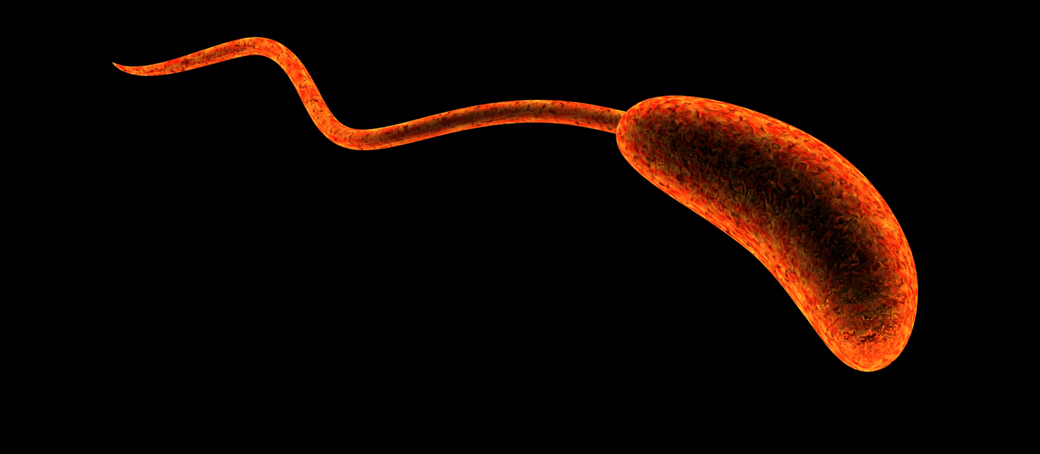Vibrio Cholera
 Cholera is an acute, diarrheal illness caused by infection of the intestine with the toxin produced by the bacterium Vibrio cholerae. Serogroup O1 has been implicated in all the most recent outbreaks but group O139 has been identified in outbreaks in Asia.
Cholera is an acute, diarrheal illness caused by infection of the intestine with the toxin produced by the bacterium Vibrio cholerae. Serogroup O1 has been implicated in all the most recent outbreaks but group O139 has been identified in outbreaks in Asia.
Although not regularly prevalent in industrialized countries, it is endemic in 47 countries in the world, and become a serious issue when natural disasters strike. V. cholerae is associated with many pandemic outbreaks caused by contaminated drinking water and spread in places where there is inadequate water treatment facilities, poor sanitation and inadequate hygiene and food handling practices.
Currently it is the world’s longest running pandemic, despite it being manageable and preventable.
This bacteria, like it cousins, that cause vibriosis is also found in brackish and coastal waters.
According to the WHO (World Health Organization) each year there is an estimated 1.3-4 million cases of cholera, and 21 000 -143 000 deaths occur around the world.
For most people, when infected, symptoms are often mild or absent, but even without symptoms, those with the bacteria in their system will shed it in their feces for 1-10 days after infection where it can potentially infect other people.
In about 10% of those infected severe disease will occur that can lead to death within hours if untreated. About 80% of cases can be treated with ORS (oral rehydration solution), but severe cases need treatment with IV fluids and antibiotics else death can occur within hours.
Symptoms of severe disease include profuse watery diarrhea (rice water diarrhea), vomiting, and leg cramps. In these people, rapid loss of body fluids leads to dehydration and shock.
Treatment involves a combination of having access to clean water, proper sanitation and hygiene, and there is an oral cholera vaccine available.
Learn more about Cholera and how to protect yourself especially when traveling at:
https://www.cdc.gov/cholera/index.html
Additional References:
Clinical Microbiology made ridiculously simple. Edition 3. Mark Gladwin, M.D. and Bill Trattler, M.D.
https://www.who.int/en/news-room/fact-sheets/detail/cholera